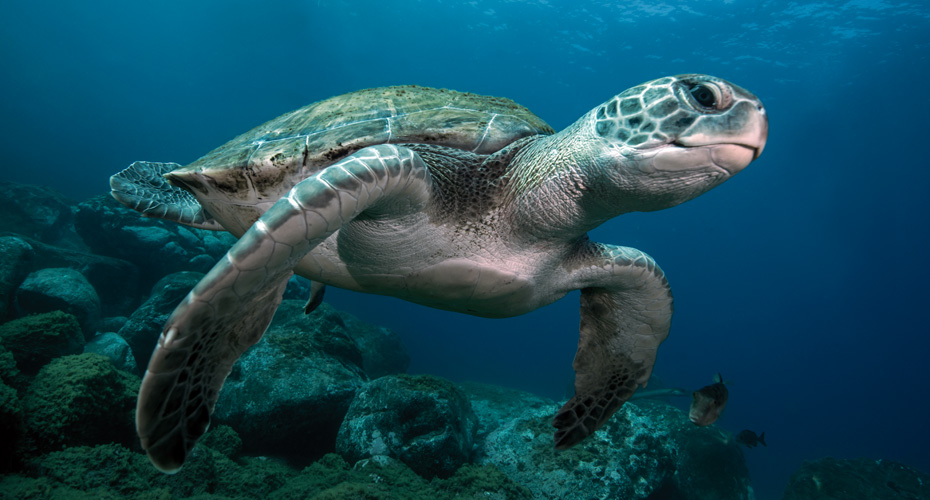Life Below Water
We’ve been ranked 6th globally for our progress towards achieving SDG 14, Life Below Water. This recognises our work engaging with local communities, NGOs and the national government, and the impact of our leading marine research.
Our research has successfully helped create 495,000 km2 of Marine Protected Areas - equivalent to 70 million football pitches – and led to the ban of microbeads in cosmetics in the UK.
Covering 70% of the earth’s surface, our oceans absorb 90% of the world’s heat and one third of all human-produced carbon dioxide. They are the beating heart of our planet.
At the University of Exeter, our researchers are committed to understanding all aspects of the marine environment, working across a wide range of research themes. We have an established reputation for working collaboratively with industry, policymakers and conservation agencies to deliver innovative solutions to real world problems.
We nurture future generations of marine scientists through research-led education and support international outreach programmes.
Some of our latest research helping achieve SDG 14 includes:
- Marine Conservation - building the partnerships that shape policymaking
- Ecotoxicology - translating science into real world impact
- Healthier Oceans - 30x30 Ocean Protection Target banning microbeads in the UK cosmetics industry
Find out more about our marine research impact, research-led teaching, collaborations and facilities.




